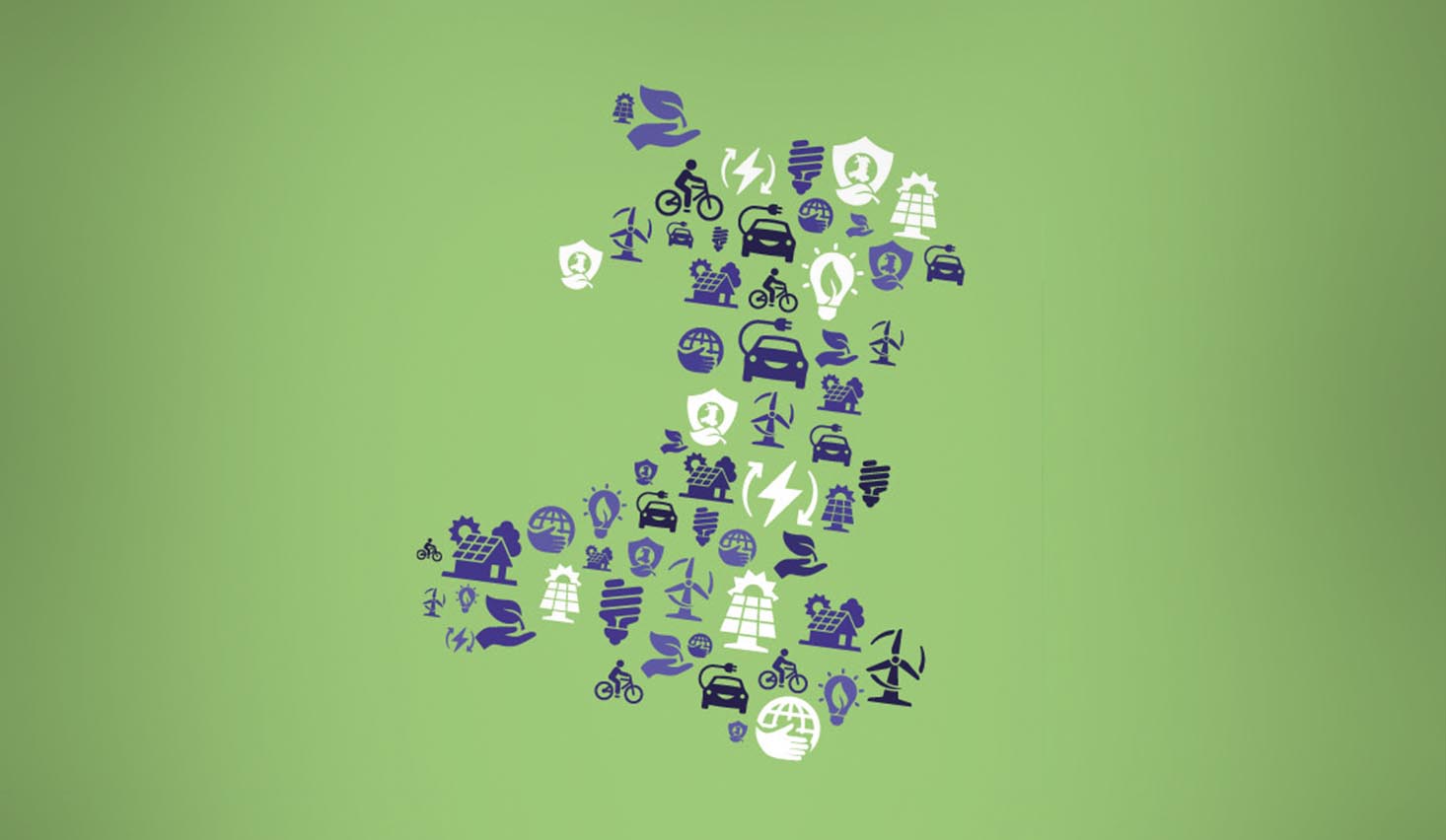
Wales Climate Week: a time for difficult conversations and collective action
In just under a month, the fifth Wales Climate Week will get underway
It’s a Welsh Government event, which Freshwater has worked on since 2020, bringing together leading academics and government ministers, as well as representatives from industry, public institutions, charities and community organisations, to discuss how Wales can play its part in tackling climate change.
Few can argue that the need to join forces to confront climate change has never been greater. As widely reported last week, climate scientists are “virtually certain” that this year will be the hottest in 125,000 years, and data showed last month was the world’s hottest October since records began. Meanwhile, media reports of devastating floods, wildfires, storms and heatwaves in various parts of the globe continue to show us the real-life impact of rising temperatures.
A recurring question in many debates about climate action centres around impact, and how a relatively small country like Wales is supposed to make a meaningful difference to such a huge global issue. For me, the answer almost certainly lies in the same approach a business would take when facing a situation that seems insurmountable – a clear strategy and collective action.
The impact of me consuming a more sustainable diet, improving my recycling rates or travelling more often by public transport probably isn’t going to directly change the dial on our country’s carbon footprint. However, if three million of us start making little changes then our collective action will start adding up to something meaningful. To borrow Cymru’s positive football slogan – it’s a case of Together Stronger.
Another important question is around fairness. People across Wales remain locked in a cost-of-living crisis, which means actions they may want to take to reduce their environmental impact, such as buying an electric car or investing in solar panels, simply aren’t viable. People living in rural parts of Wales can find it harder to access public transport in a way that suits their job patterns, while families living in poor quality housing end up paying more to keep themselves warm through the winter.
The theme for this year’s Wales Climate Week is: How can we tackle climate change in a fair way? The Welsh Government is committed to shifting to a greener, more sustainable economy that isn’t reliant on fossil fuels. It is also committed to making sure the journey reflects a ‘just transition’, with the impact of any changes, whether positive or negative, being distributed fairly and evenly across society.
The virtual programme at this year’s Wales Climate Week, and the associated ‘Climate Conversations’ that public bodies and other organisations are being encouraged to hold in the community, are designed to help shape future strategy, policies and solutions to climate change. Participants are being challenged to explore solutions that not only address climate change but also help tackle the cost-of-living crisis, whether through effective policy making, investment in infrastructure and technology or encouraging us all to make more sustainable choices.
We had a conversation this week with one of our corporate finance clients about how closely investors and buyers are looking at the way businesses manage their impact on the environment. Businesses that can demonstrate a robust approach to sustainability not only make themselves more attractive to customers and employees, they also become less vulnerable to hikes in fuel and energy prices. In turn, this makes them more attractive to potential investors. It’s a virtuous circle.
It’s a focus on these ‘win-win’ scenarios that could be the best route to meaningful, collective action on climate change that is also fair to everyone in society. It is about making it as easy as possible for people and businesses to ‘do the right thing’, and providing the right support to those who need it most.
Nobody is pretending that the solutions to climate change, or even to Wales’s own journey to net zero, are going to be easy, and there will undoubtedly be tough choices and difficult conversations along the way. But one thing is certain, it is going to take a collective effort from government, businesses, communities and individuals to make it happen.
Wales Climate Week runs from 4-8 December 2023. To register for the free virtual event visit www.climateweek.gov.wales
This article was written by our chief executive, Angharad Neagle, and featured in the Western Mail on 13 November 2023
